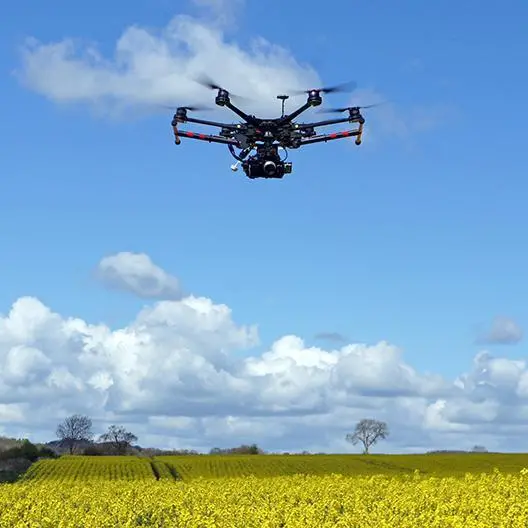PHOTO
A patent for a more efficient and secure new generation of cybersecurity devices has been filed by the Arabian Gulf University (AGU) in Salmaniya.
The device has been registered with the United States Patent and Trademark Office (USPTO) in a bid to obtain its intellectual property rights.
Developed by the Next Generation Computing Department at the university’s College of Graduate Studies (CGS), the invention aims to enhance the future of network and cybersecurity devices, enabling them to be more secure and efficient.
Being the first of its kind in the kingdom in the field of cybersecurity, the device reflects the university’s commitment to ‘fostering a culture of innovation and pursuing American patents as part of its strategy’. Its name or design has not been disclosed.
“We hope that this patent will contribute to its scientific research efforts, promote academic excellence, and elevate its status among leading universities in innovation and technology,” a statement released by the university said.
“This invention aligns with the strategies developed by the GCC countries in order to achieve regional economic and social growth goals in the region.”
The device seeks to address ongoing challenges in cybersecurity, such as evolving cyber threats and the rapid growth of network speed and capacity.
It aims to offer comprehensive solutions by striking a balance between simplified configuration processes and enhancing levels of protection.
The innovation and patent comes as part of the university’s introduction to the new Master of Science programme in Artificial Intelligence and Formal Methods for Cybersecurity, which the CGS plans to introduce in September 2024.
This programme will be tailored to meet the needs of students across the GCC as well as cater to industry demands in both the public and private sectors in the region.
“There are several challenges currently faced by network and cybersecurity devices, such as routers, firewalls and intrusion detection systems,” said Next Generation Computing Department acting head and professor Adel Bouhoula.
Professor Bouhoula
“They can include high error rates in installation processes, which even for experts in the field can lead to vulnerabilities and malicious activities.
“Similarly, rapid growth in network speed and bandwidth poses efficiency and effectiveness issues for these devices.
“Additionally, the complex network structure and the increasing sophistication of cyber threats also pose significant challenges.
“These new devices can address such issues, and enhance the future of network and cybersecurity devices, enabling them to be more secure and efficient.”
Copyright 2022 Al Hilal Publishing and Marketing Group Provided by SyndiGate Media Inc. (Syndigate.info).




















